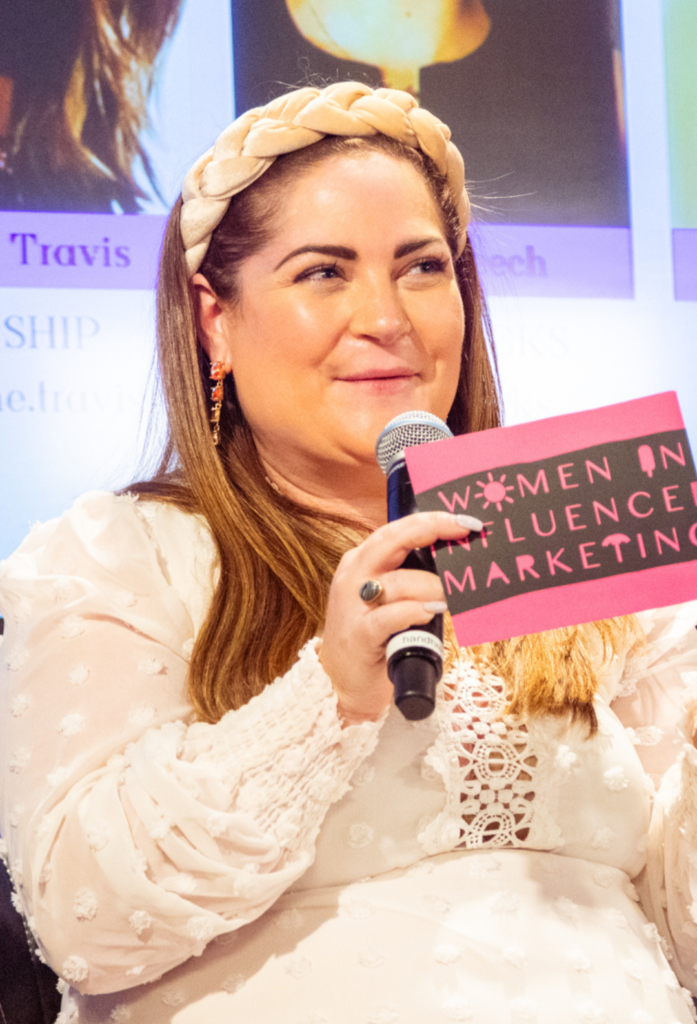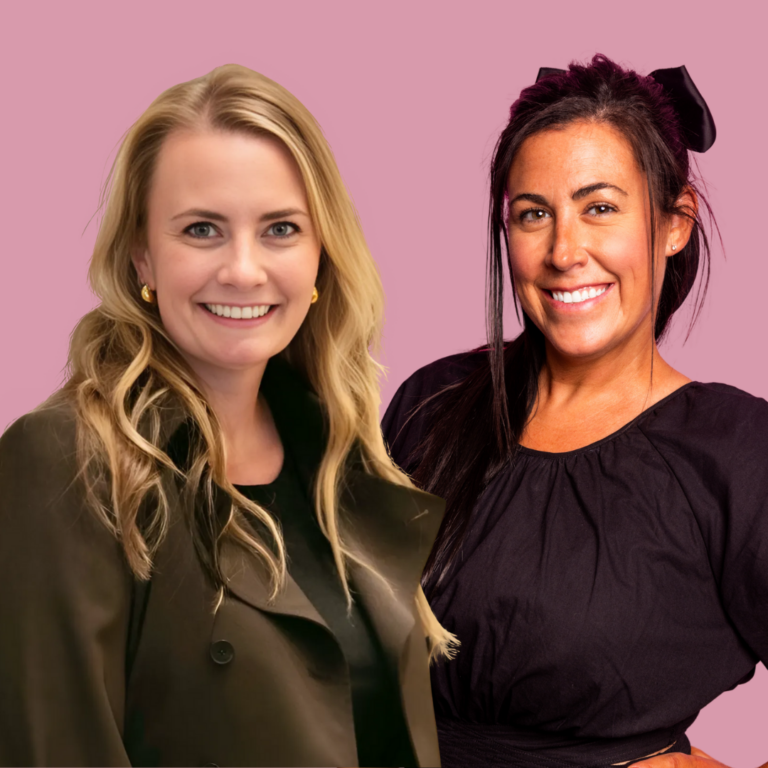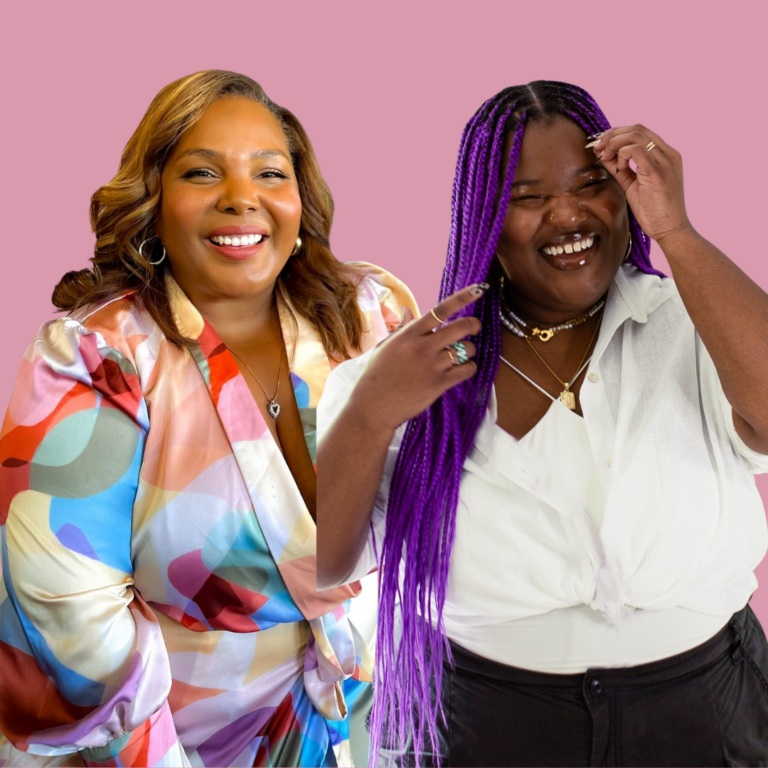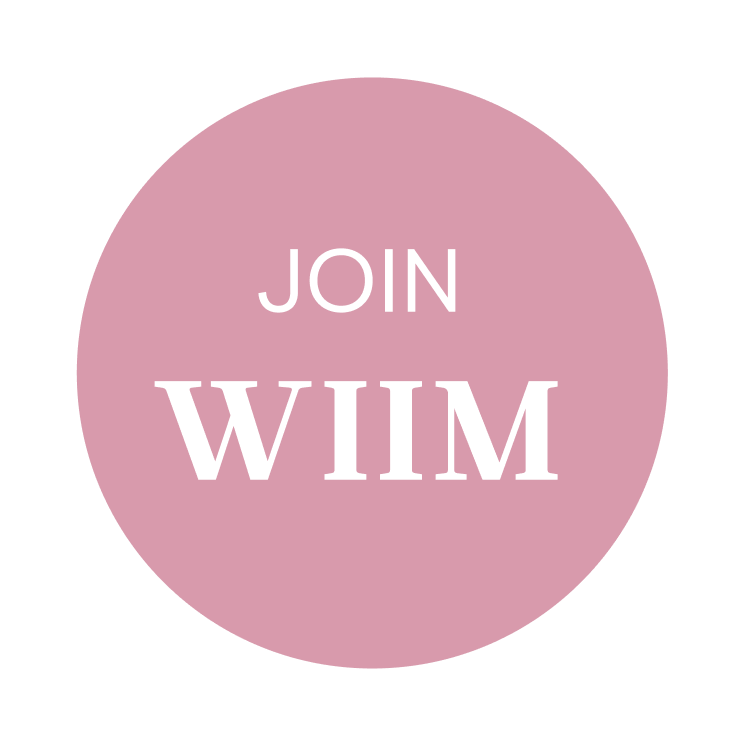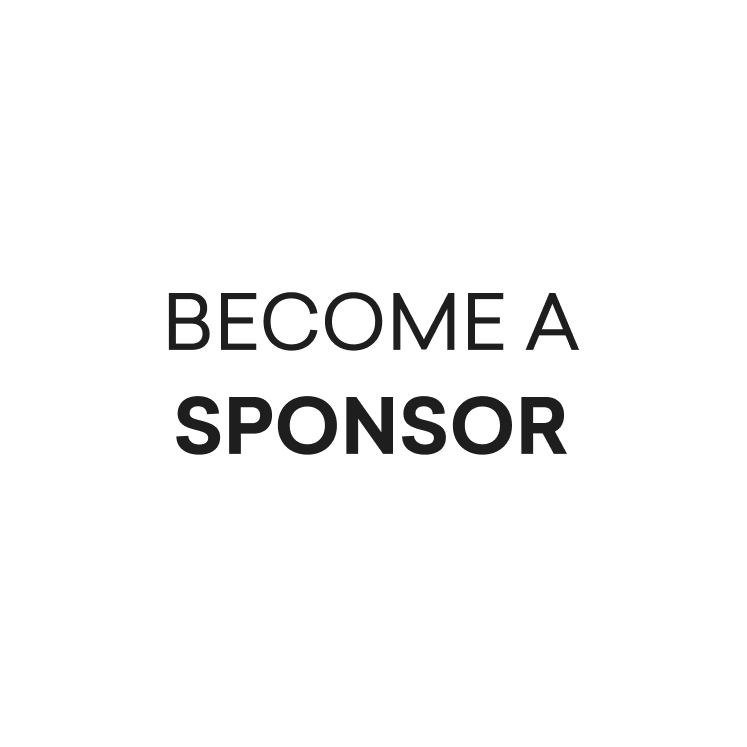Jessy Grossman: All right, you Guys. So first and foremost, isn’t networking. An old outdated term, like either it sounds antiquated or it just sounds awful.
Like if I own a networking group and I, I hate the word and I just think most people do too. I don’t know. Correct me if I’m wrong, you guys will in the comments. It’s fine. but I just think there could be something. Better. At least I hope so. So anyways, first of all, like, I just want to come up with a new word, like, I don’t know.
Community sounds better. Partnerships, you know, partnering with each other, um, just like relationships, anything sounds better than networking. To me, it’s like anxiety producing and it’s like, it’s like, all right, I’m on a mission. I got to get. business from this interaction, like as soon as possible. And that is just not typical.
What’s more typical is you meet someone and it always seems to like, if you foster that relationship and go through the three things that I’m going to be covering in a couple of minutes if you commit to those in a three things, you will see conversion. But it takes time and it’s pretty cool when it happens because when it happens you’re like, dang, like because I met that person, this happened.
And that’s like an incredible feeling because you do feel empowered. You feel as if you made that happen, which you did because you prioritized networking. I got to create another word for that. so the three things that we’re going to be covering today are—getting personal, asking how you can help the other person, and following up.
Those are the three items. It’s that simple, you guys. Simple, not complicated, but slightly complex. So let me explain a [00:02:00] little bit more. Okay, So the older that I’ve gotten, the more comfortable I’ve become just
being more of myself when I was first getting started in my career I kept my personal life Completely separate. I wouldn’t even like to go out to drinks with people I just don’t know where that came from. I don’t know what I was so fearful of but I just thought it was like The professional way to do things.
I also transparently worked in like a wild environment back in the day, where things like shit would go crazy when you, if you like went out with coworkers. So at least in that instance, I, it was probably the right move in those days. But if you’re, you know, in a safe work environment and you know, you’re being specific about who you want to go out with.
Then there is so much more possibility about sharing some personal things and just becoming more vulnerable than if you squirrel it all away and put on this front as if you are like the professional bad girl, like that, is not relatable. That is like a, it’s like robotic. I just don’t think that’s what people want to be met with at all whatsoever anymore.
I also want to recognize though that it can be hard because if theoretically, you’re networking with somebody that you don’t know, right? So like for all intents and purposes, this is a stranger and now you’re supposed to get personal with a stranger? Like. That’s daunting. What the heck do I share?
Like, how much do I share? Like, what am I supposed to share? Like, what is this? So like, I get it. I appreciate it. So here are a couple of tips. So, you know, look, I would think about this beforehand. I, an elevator pitch never goes out of style. So basically you’re coming up with an elevator pitch of sorts, which is what, who, like how, what’s my brand?
[00:04:00] What defines me? and what I want to share and put out there so that when they think of my name, they associate me with fill-in-the-blank. Okay. So a couple of ideas or examples. So for me, I love fostering animals, like love, love, love, love. I could talk about it so much. It like makes me genuinely happy to talk about, and usually, people are pet people or animal people, right?
So I, one of my like Elevator pitch points would be that I love to foster animals and I’ve done it, you know, almost a dozen times, and my experiences and I can talk about it for a while. So that’s like a personal share that I would make. you could share a little bit about, you know, I don’t know, let’s say you have a family member that lives overseas and you visited them a couple of times and like, Oh, What that’s been like, it doesn’t always have to be like sunshine and rainbows.
It doesn’t have to be like, Oh my God, I’m the most altruistic person ever. And I foster animals. Like it doesn’t have to be like that [00:05:00] actually at all, it could be something neutral. I wouldn’t say like, you know, maybe there’s an element of something tough in it, like don’t divulge that, you know, God forbid, as your family member has like.
a terminal illness or something, like that’s not the thing to pick. But you know, if it’s like a triumphant moment where like maybe things were hard or you did struggle, but you overcame it and that’s part of your story, like that’s, of course, that’s fine. And like, I, I just, I think that the main thing to take away is like, what do you feel comfortable talking about, but that is vulnerable for you, but that you could talk about for a long time.
Theoretically, most people in the world would have something also to contribute to that topic. That’s, your share. So think of like two, three, maybe max, and have those in the back of your mind. Because when you meet someone, you know, you could just like, if I were in that scenario and my elevator pitch item would be fostering, you know, I would say like, Oh my gosh, I just finished fostering my most recent puppy. Like, I don’t know. Are you, are you a pet person? I wouldn’t even like to ask, are you someone who fosters? That’s kind of rare, but I would say like, Are you a pet person?
And they might say no. And so you also don’t want to talk their ear off about something that they could care, you know, less about, but it’s a broad enough thing. Most people like pets and then that’s your in and permission to talk more about it. so getting personal is important. it’s not nice to have.
I think that it’s the way to really form an actual. bond with someone who you’re meeting. And that’s the goal of networking is that it’s not this one-off interaction that like, it’s like a quick thing and they will immediately get you business. Like, think about it in the long term. Think about it as I don’t want a thousand-dollar deal.
I want 50 You know, 5, 000 deals and we’re going to get there because we’re going to connect and we’re going to establish a long-term, like real relationship here and we’re going to work together for the foreseeable future. That’s the ideal situation. Okay. So that’s about sharing personal things.
The next item that I mentioned is to ask how you can help them. This is a mindset shift because I. I believe that most people go into networking, especially those who are so experienced with it, and they think like, how can I get what I need out of this scenario, out of this situation? And the mindset shift that will occur if you think of how you can in turn help the other person, it’s a really powerful thing.
I think that a lot of people get uncomfortable going into meeting new people because, you know, they’re like, Oh, well, like I’m not any business, but like, I don’t want to come across as like slimy or, you know, or this type of person who’s just focused on that. And I don’t like, how do I navigate that situation?
Well, you, you don’t, the easier thing to do is just sort of. Learn more about them first and then maybe offer like, you know, if you ever need like to pick someone’s brain about, you know, like Tick Tock strategy or just like what I’m sort of like what anyone’s like seeing or trends or anything, uh, or you’d like, you know, an introduction to somebody like I’m always here.
So like, can I, you know, I like, definitely hit me up if you, if that sounds good to you. or if that sounds valuable, of value. so I would recommend it. Approaching your relationship with that sort of mindset, whether you explicitly say it or you imply it or you follow up and offer it, it’s a real memorable attribute to have as a person. I think of people in my professional life who have done things for me and sometimes they’re small. They don’t always have to be these grand gestures, but I. Always remember that, like people who’ve suggested me for speaking opportunities or someone who just sent me like a nice follow up email, just thanking me, or I don’t know, like little too big things.
Those are memorable. So I also just think if you, since we of course want to make a impression on several. Awesome people and be remembered by them. It’s so much more memorable to just like offer yourself and your mind and your connections and network and knowledge set to them. So I would recommend focusing on that.
All right, you guys, the last tip that I have, and this one is the least acted on. So few people do this and it’s so simple. You guys, it’s just following up. So I’m a big note-taker. Transparently it’s because I definitely have ADHD and if I didn’t write stuff down, I would never remember it.
I can get it, I think it’s because My brain is disorganized that I feel like in some aspects of my life, I have to be extra organized to sort of overcompensate for that. So whatever your reason is, or if you don’t have one, I still highly recommend getting organized. I am a big note taker. I use Evernote, but you could just use the Notes app in your phone, doesn’t matter.
And after you meet someone. Um, add them to whatever system you’ve created and add notes because if you could, you know, get their email address, obviously connect with them on LinkedIn, that’s the best way on LinkedIn. Also, you can just show them your QR code and they scan it. And never follow, but connect with some people like them, but the follow button on LinkedIn is the most prominent one.
If I think you’re over like maybe a thousand followers or something like that, it prompts you to follow versus connect. But if you connect with me, then I get the connection request and I can accept it. And I can, uh, follow, or I could connect with you back, which is a more powerful thing. If you just follow me, I don’t get any notifications because you’re just following me.
And it’s like a passive thing versus a real connection. So LinkedIn hack there, also the QR code is like so good. It’s so helpful. So you, can show the QR code to people as you’re networking with them. And it’s a great way to, you know, maybe you’re meeting with so many people in one night and you can’t just take notes like in real-time.
I mean, you could, but like, maybe there’s just a lot of people and it doesn’t, it’s awkward to do that. Make sure you have an action item after each meeting so that you connect with them, let’s say on LinkedIn after everyone, so then you can then after the event, maybe in your Uber ride home. Go scroll through your recent connections and then you have all those people and then from there, you can parlay that into notes that you take in whatever system you have.
But the goal of those notes and the goal of like, like capturing the people’s information is that you can follow up. So following up is something that you also don’t. So once you follow up at a regular cadence and sometimes for no reason. These are like the hacks of networking. You guys follow up as soon as you like, finish a meeting and say, thank you for your time.
That’s expected. And also like, it’s not that mind-blowing, like it’s not that impressive, but the goal of all this is like, how am I, how can I be more memorable and how can I stand out? And so how do you do that in a follow-up? You do it when they’re not expecting it. So you know, I always hated sending like professional, like, you know, holiday gifts, Christmas, Hanukkah, whatever gifts to people because everyone’s sending gifts and it’s so silly.
I’m not a person who sends people things at the, like the first week of the year or, I don’t know, like something like for their birthday or something like that, which is still more expected, but at least in a professional setting, it’s like, Oh, wow, they like remembered my birthday like that’s a little atypical to professional settings.
So you think that that could be a cool moment as well. Or when you just like came across maybe a news article, for example, that was relevant to the conversation that you had had with that person and just like, Hey, I happened to see this article and it reminded me of you. And so, you know, what are your thoughts on it?
So the moments when you follow up and you do it when it’s not expected and you do it in such a way that creates further interaction, engagement between each other. That is ideal. All right, guys, this is a quickie.
This is a very quick episode. Again, you want to share personal things about yourself to network. You want to ask how you can help them versus all about you. And you also want to follow up and you want to do it in a very specific way. What is the word, you guys? What do we come up with instead of networking?
I think it’s just like. Relating. No, that’s stupid. I don’t know. I’m still trying to rebrand networking, but WIIM is trying to, you know, modernize networking at least, and I think we need to come up with a better word. If you have a better word, Leave it in a comment on our YouTube video because I would love to know what your recommendations are if you’ve heard other people use a term that sounds better.
It’s so good chatting with you guys today. I hope this is helpful for you and we will see you next week. Bye, guys.
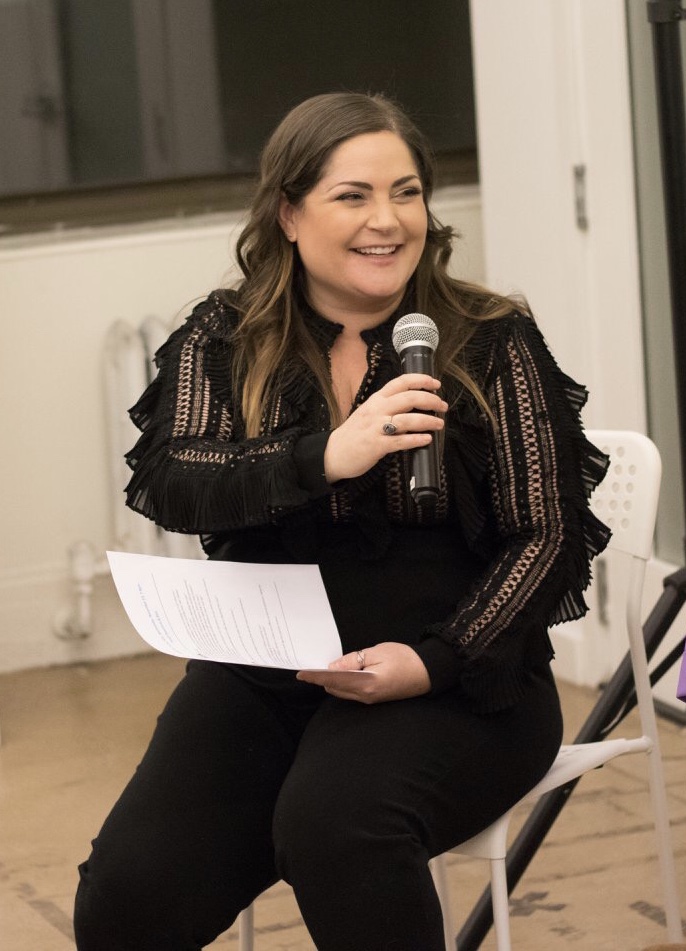
JESSY GROSSMAN
Founder of Women in Influencer Marketing and CEO of Tribe Monday
Jessy Grossman is a long time entrepreneur in the digital media space. She’s passionate about supporting women in business and being at the forefront of innovation. She’s been quoted in Forbes and was awarded a spot in the “Influencer Top 50” by Talking Influence. In less than two years she created one of the fastest growing talent agencies in the country. Amidst unprecedented growth, she sold the multi-six-figure agency and pivoted to focus on her long-time passion project: Women in Influencer Marketing (better known as WIIM). Founded in 2017, today WIIM is the premiere professional organization for those who work with influencers. The community offers networking and new business opportunities, career services, continuous education and more. Jessy also does consulting, advising and influencer marketing recruiting with her company Tribe Monday. You can find inspiring stories and more about Jessy on the WIIM Podcast. Check out iamwiim.com and tribemonday.com for more information.

